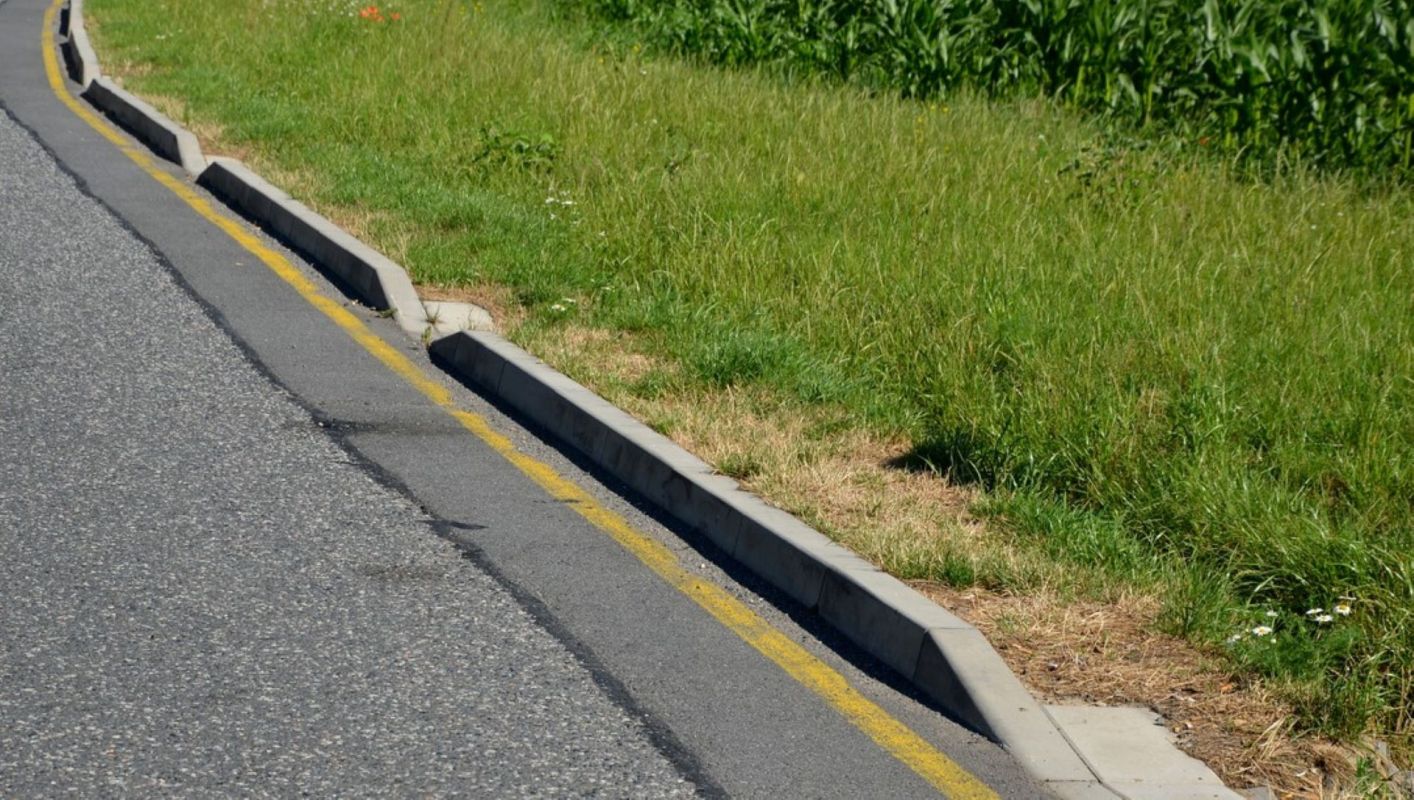A recent Reddit post shared to the r/NoLawns thread restored one poster's faith in their city.
The poster shared an image from a walk in the Wolseley neighborhood in Winnipeg, Canada. It shows a sidewalk lined on both sides with impressive vegetation. The caption reads, "It wasn't just one person who was going [without having a lawn], the majority of people on this street had no lawns."

Although the poster claimed in the title that they "thought [their] city was a lost cause," many neighborhoods worldwide are moving from antiquated grass lawns to ones filled with native, pollinator-friendly vegetation like the plants in the photo.
This concept, called rewilding, helps bring back biodiversity and visual appeal to parcels of land. Rewilding is scalable, which means you can rip out your entire lawn and replace it with native species of wildflowers, shrubs, and fruit trees or stick to adding a small garden of endemic plant species to your existing property.
Increasing the diversity of a lawn has numerous ecological and monetary benefits for homeowners. Pollinator species like bees and butterflies are attracted to areas where they can rest and nourish on plant nectar, which can encourage the proliferation of more species and pollination of important food crops.
In addition, since many native plants are well suited to controlling water intake and adapting to environmental conditions in an area, homeowners can expect to water their lawns (or un-lawns) less often. This reduces household outdoor water usage and the chance of washing pesticides, herbicides, and fertilizers into waterways.
Reddit users were impressed by the lushness of this community. One commenter shared, "My HOA would have a field day. I wish this was more acceptable than monoculture grass."
Another noted how distinctively beautiful the sidewalk looks. "That looks lush and vibrant, why people are obsessed with 1 inch high grass I'll never understand."
Join our free newsletter for easy tips to save more, waste less, and help yourself while helping the planet.









